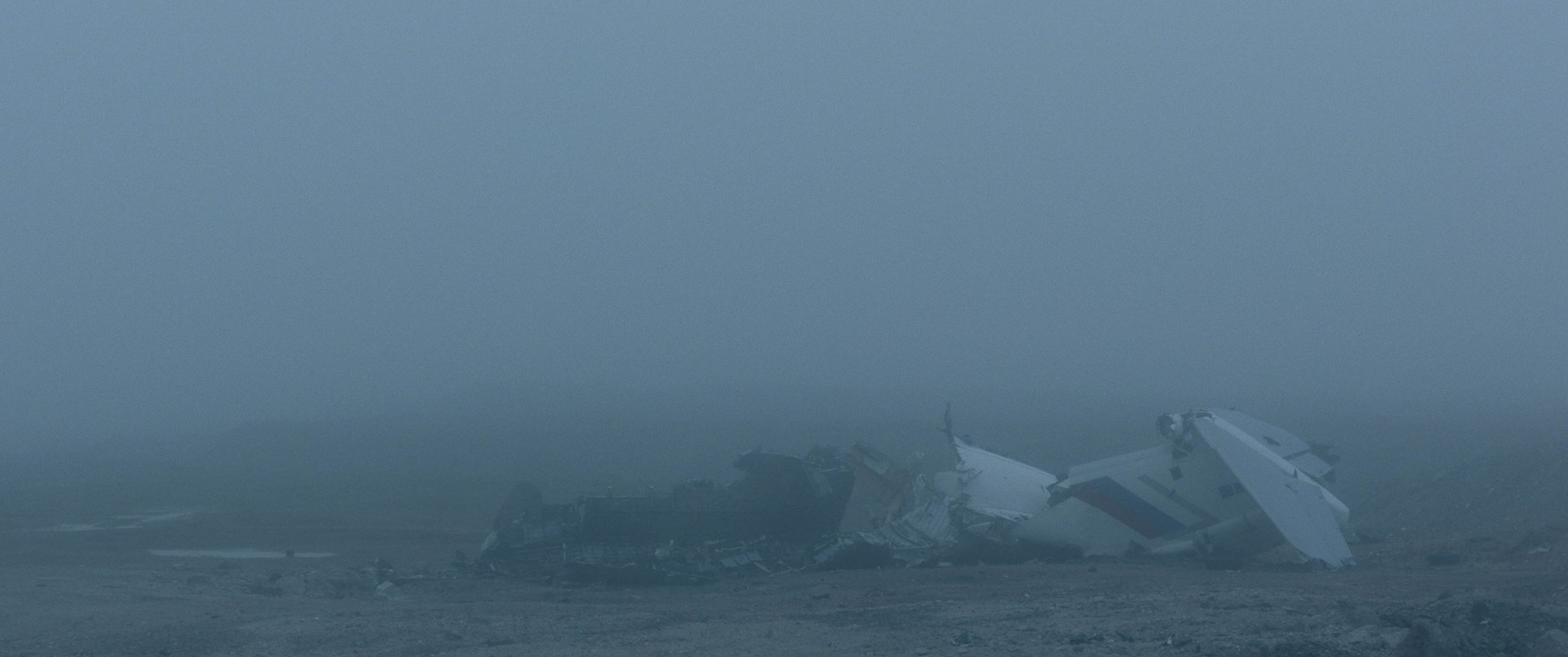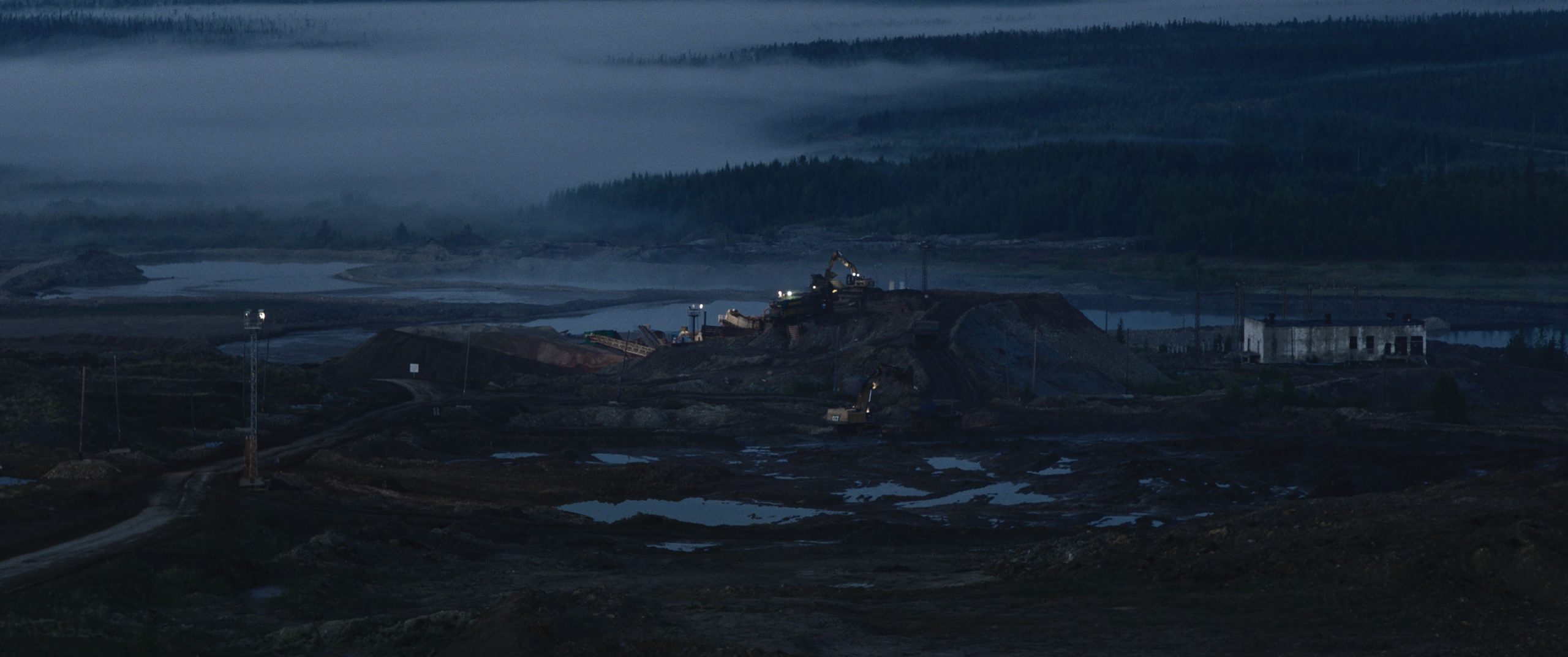Dinner with Dark Matter
Interview with Viktor Brim, director of Dark Matter
How did you choose the title Dark Matter?
I wanted to create a narrative in the title that addresses the human influences on the landscape. Landscape in this context refers to a resource that is constantly being changed, reshaped, and degraded, especially in Siberia. I was interested in the phenomenon of changing and reshaping landscape or matter as a human agency that has always existed. This action is certainly always based on different ideologies depending on the epoch, but it still remains an intervention.
How did you work on the rhythm and sounds?
It was clear to me from the very beginning that the film would consist of tableaus. At the same time, I wanted the images to be more strongly connected to each other through a coherent sound layer. Each image should be able to unfold a bit on its own due to its length, and through the following cut, but be able to relate back to the others.
At what time of the day did you shoot and why?
We always shot at the blue hour. Yakutia is located in the Arctic zone, that is, close to the Arctic Circle, where the blue hour in summer extends throughout the night, so it never really gets dark. This special light made it possible for us to create a kind of metaphysical mood in the images. This was important to us because Yakutia is full of myths and mysteries. It is a land inhabited for many centuries by indigenous people who have their own ideas and narratives about the places. These narratives collided with the Soviet colonization of this land.
How did you work on the still life like prints and why? How much is important the stillness?
There is also a book to accompany the film, Imperial Objects. In it, one finds a deeper examination of the imperial and colonial narratives with which this resource-rich landscape has been dominated for many decades. Stillness was important for the film because it more or less represents the state of the place. Yakutia is strongly characterised by Soviet industrial wastelands that are never demolished but vegetate in stillness.
Is there a sequel to Dark Matter?
All my films relate to each other in some way. I am sure that elements of Dark Matter will also appear in the next project.
What do you think the future holds for short films?
I think short films are a very special medium. In a way, they have much more freedom than feature-length films can ever have, because they allow for much more creative space due to the shorter production time. A good short film can come from a very simple impulse, filmed with a cell phone camera. That’s different with the feature-length film.
If we were to go back into lockdown, what cultural delights would you recommend to alleviate our boredom?
Reading 😉
Dark Matter is part of Lab Competition L3.










